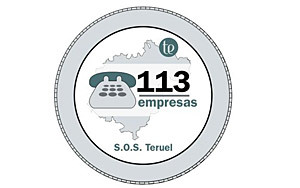- Upon arrival you are shown into an office with all the parties involved to wait for the Notary. You may pass an uncomfortable half hour or more of silence or small talk with the vendor, who you may be meeting for the first time. The Notary – who always exudes importance – will then breeze into the office, take a seat at the head of the table and start the proceedings.
- The notary will confirm the identity and other personal details of all the buyers and sellers present, and then read the deeds out loud. Some notary”s like to show off their English by giving a partial translation, though most will just read them out in Spanish. Whatever the case you need to be sure the deeds are correct before you sign them, which means having a translator present or relying on your lawyer. Some notaries will refuse to sign the deeds unless a foreign buyer has a lawyer or translator present.
- The notary will also make certain legal checks, though these vary by autonomous region. As a minimum they should have request a property registry filing just before the signing to confirm the vendor”s title, and that the property is free of any (unexpected) encumbrances. This leads some estate agents to claim that buyers are perfectly well protected by the Notary and don”t need a lawyer. This is not so. In reality the Notary gives you little protection so you must be accompanied by an experienced and qualified professional when signing the deeds.
- If nobody objects to the content of the deeds the notary will pass them around for signing by all parties, and confirm the payment of any outstanding amounts by the buyer before the keys are handed over. This is when you produce payments such as bank drafts for any outstanding amounts on the declared price (the price stated in the deeds less any deposits or down payments already paid.
Calle San Cristóbal, num 8, 44580 Valderrobres Teruel - Spain
Tel: +34 687 941 288 - Contact form





